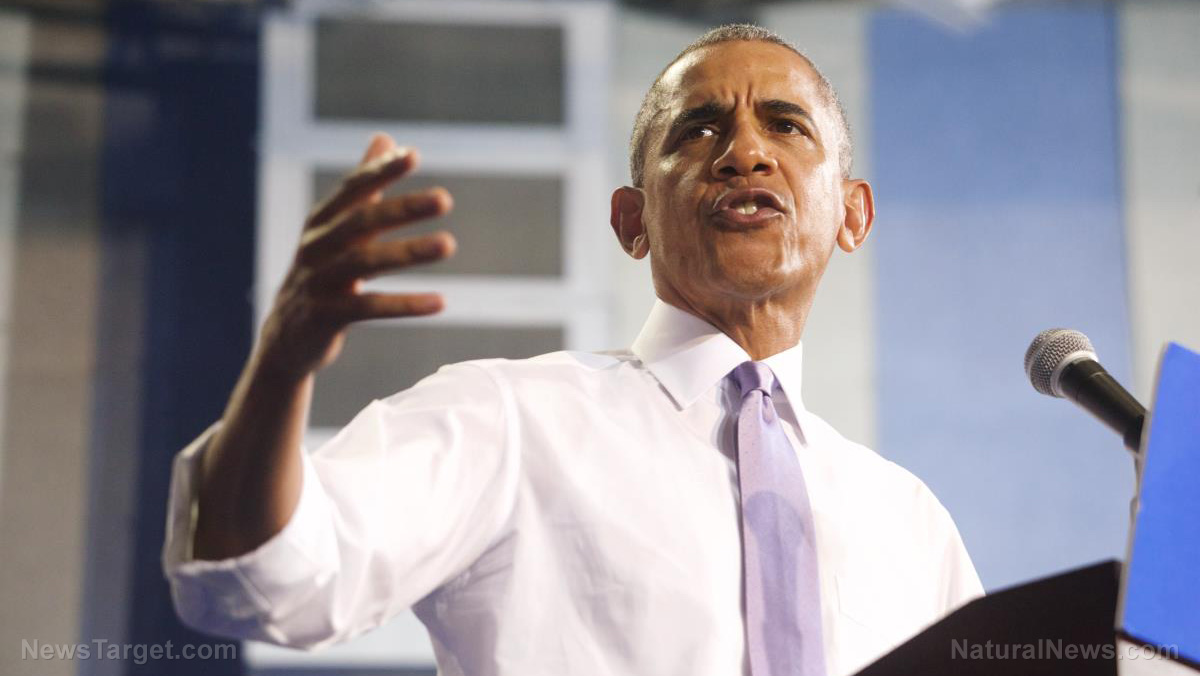
A significant change in intelligence community rules by the Obama administration allowed for wider sharing of raw intelligence, raising questions about the timing and implications for the Trump administration.
(Article republished from YourNews.com)
Just 17 days before President Donald Trump’s inauguration, the Obama administration revised Section 2.3 of Executive Order 12333, impacting the dissemination of raw signals intelligence information by the National Security Agency (NSA). This change facilitated broader sharing of surveillance data, notably without privacy protections for the raw data, making inter-agency information sharing significantly easier and unfiltered.
James Clapper, then the Director of National Intelligence, initially signed off on this revision on December 15, 2016, which was later finalized by Attorney General Loretta Lynch on January 3, 2017. The timing of this order, during the final days of the Obama administration, has raised questions about its underlying motives, especially considering its potential impact on the incoming Trump administration.
The revision was reported to be on the verge of finalization in late February 2016, as per a New York Times report, but was unexpectedly delayed until January 2017. Notably, the finalized version included a new provision relating to “Political Process,” which was absent in earlier versions. This provision prohibited the dissemination of information to the White House, affecting the Trump administration but not impacting President Obama.
The concerns about the timing and purpose of this rule change were further compounded by the actions of key officials during the final year of the Obama administration. On July 27, 2017, Rep. Devin Nunes (R-Calif.), then-chairman of the House Intelligence Committee, sent a letter to the Director of National Intelligence Dan Coats, highlighting the ongoing leaks of classified information and the need for new unmasking legislation. Mr. Nunes pointed out that Obama officials had easy access to U.S. person information and may have used it for partisan political purposes.
These concerns were echoed in an earlier MSNBC interview with Evelyn Farkas, President Obama’s former Deputy Assistant Secretary of Defense. In the interview, Ms. Farkas described how the Obama administration gathered and disseminated intelligence on the Trump team.
The implications of the revised Executive Order 12333 raise important questions about the separation of powers, the politicization of intelligence, and the potential for abuse in the surveillance of American citizens. This issue remains a point of contention and debate, particularly concerning the safeguarding of privacy and the appropriate use of intelligence in political contexts.
Read more at: YourNews.com
Please contact us for more information.




















